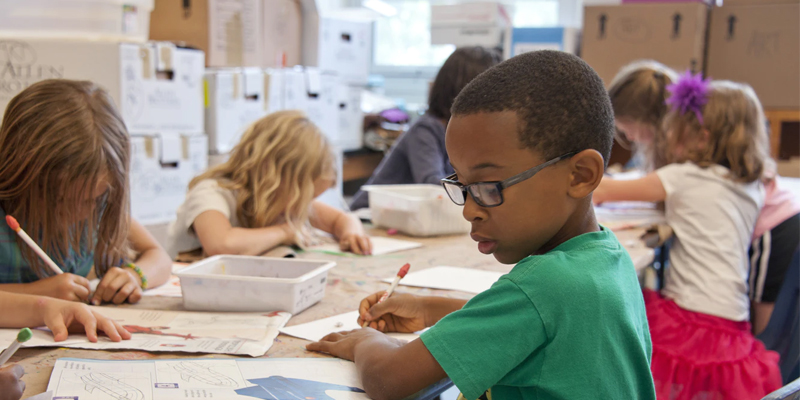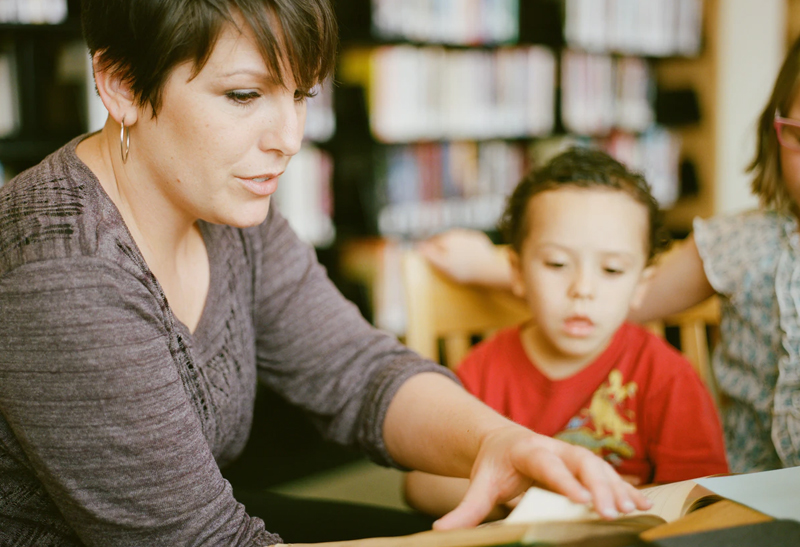Back to school research
Returning to normal by returning to school
A significant milestone for tamariki who have been through cancer is the day they are able to return to school or early childhood education (ECE). Not only is it exciting for the child to be able to see their friends again, but parents may also feel like it is an important step in returning to ‘normal’ life.
However, the decision around when they should send their child back to school/ECE can place huge amounts of stress on parents. There are no international guidelines advising when children with cancer should return to social activities, and in Aotearoa the advice provided to families by health professionals and non-government organisation (NGO) support staff seemed to be inconsistent.

To find out how this could be improved, Child Cancer Foundation and the National Child Cancer Network (NCCN) jointly funded a study on the advice and practice around infection risks and returning to social activities for Kiwi children with acute lymphoblastic leukaemia (ALL).
This was measured through interviews with health professionals, NGO support staff and parents of children who have completed treatment for ALL, as well as reviewing medical and educational attendance records for these children.
Key findings:
- Families, NGO support staff and health professionals would all prefer that the approach to advising families on infection risk and the timing of returning to social activities was more consistent. This would prevent placing additional stress on parents when making these decisions.
- The risk of serious infection through social activities and school was lower than expected. Anxiety around community-based infections could be supported by providing better guidance on how much infection is an issue, and how parents and children can control that risk. This will hopefully be reassuring for families of children newly diagnosed with ALL who are worried about the risk of their child developing a serious infection during treatment.
- Parents want to and will make their own decisions on when they feel it is appropriate for their child to return to school/ECE following diagnosis. Responses from parents showed that they make the decision based on a number of factors, including medical advice, social needs and the personality of their child. However, helpful and consistent guidance would help inform their decision.
In general, the study found that families, health professionals and NGO support staff want the same thing: to find a balance between the risks of infection and meeting the child’s social and educational needs. Fortunately, it also identified areas that can be improved to ensure that families are better supported when it comes to navigating their child’s return to social activities.

Recommendations for next steps:
- Establish a working group, with the help of the NCCN, to consider and implement the key recommendations and outputs.
- Develop nationally consistent written guidance for health professionals on infection risks and timing of returning to social activities for children diagnosed with ALL.
- Develop advice and resources for parents based on the new national guidance.
- Develop processes and resources to assist parents to educate others and transition back to ECE/school following diagnosis.
The findings and recommendations from this ground-breaking research mean we can now work towards improving the health and wellbeing of children with cancer and their families as they move into the next stage of their experience.
Helpful resources for parents:
- Back to school for students with cancer: Guidelines for teachers
- Leukaemia & Blood Cancer NZ’s Monkey in my Chair programme
HELP US MAKE A LASTING DIFFERENCE
Support ground-breaking childhood cancer research.
With your help, Child Cancer Foundation can fund more research to support the ongoing improvement of cancer treatment available to Kiwi children.